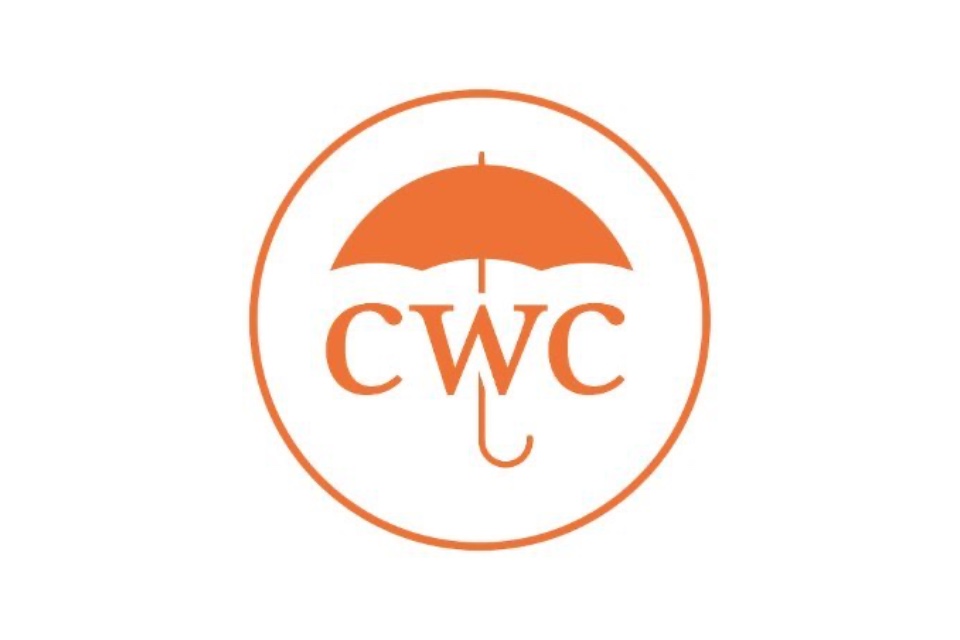Social care and healthcare workers are among the most stressed UK employees, after lack of sleep and money worries, according to new research.
Over two-thirds (70%) of the 1,238 employed adults surveyed by HR software provider Ciphr, identified at least one aspect of work that contributes to their stress levels.
Work in general is the biggest cause of stress for around one in three (37%) employees, with workload pressures (35%) coming a close second.
Nearly one in four (23%) struggle with long, or inflexible, working hours. While one in five blame their bosses (21%), workplace culture (20%) or work colleagues (19%) for their increased stress.
Despite the rise in remote and hybrid working since the pandemic, commuting is still a significant source of stress for a fifth (19%) of workers.
And, worryingly, nearly one in six have anxiety about their job security (17%).
The stress of sending and responding to emails (as well as instant messages and group chats) was also cited by a sizeable share of respondents (16%).
Other major stress triggers, which undoubtedly can impact an individual’s focus and performance at work, are feeling tired (40% of employees), financial strain (38%), and family or relationship issues (32%). Over a quarter are also coping with stress caused by health problems (27%) and having a ‘too’ busy schedule (27%).
Share of UK employees who find the following things stressful:
- Work in general (39% of women vs 35% of men)
- Their workload (38% vs 31%)
- Their working hours (22% vs 25%)
- Their boss (23% vs 20%)
- Their organisation’s workplace culture (21% vs 20%)
- Commuting (18% vs 21%)
- Their colleagues (22% vs 16%)
- Job security / unemployment (18% vs 17%)
Based on Ciphr’s data, the people most likely to feel stressed out by their jobs are Gen Xers, aged 45-54 years old. 80% of women and 75% of men in this cohort reportedly find one or more aspects of their work lives stressful.
Women appear to be most frequently affected by stress – in and outside of work. They are the least likely to say they never feel stressed in a typical month (7% of female workers vs 12% of male workers) and the most likely to say they feel stressed every single day (13% vs 8%).
Indeed, most of the common stressors identified by Ciphr’s study impact disproportionally more women than men. For example, although feeling tired or lack of sleep is the biggest stress trigger for all UK workers, it was cited by a far greater share of surveyed women – half (48%) compared to less than a third of surveyed men (31%).
Women are also significantly more likely to be stressed about their finances (44% of female workers vs 32% of male workers), their workload (38% vs 31%), what’s going on in the world (29% vs 18%), cooking and meal planning (22% vs 9%), and their caring responsibilities (21% vs 16%), among many other things.
There are a few exceptions though – marginally more men than women cite their working hours as a cause of stress (25% vs 22%). Male workers are also more likely to say the same about their commute (21% vs 18% of female workers).
Most stressful industries to work in
‘Some’ transitory feelings of stress or pressure can be helpful at times as a positive motivator to achieve specific goals or meet a deadline. Prolonged or negative stress, however, can have a debilitating impact on people’s physical and emotional wellbeing.
The findings suggest that many employees are more affected by on-the-job stress than their colleagues, managers, or direct reports perhaps realise, with the average worker feeling stressed for about 11 days a month.
Two in five (42%) of all employees below senior management level find work in general stressful. In comparison, just one in four (25%) senior managers and leaders say the same.
Some types of work can also be more stressful than others. People employed in hospitality and events suffer from stress most often, on average, at 15.6 days a month. This works out to 187 days – over half a year – dealing with some form of stress.
Those working in social care, and teaching and education, experience stress most regularly. Nearly one in six (18%) employees in these service sectors feel stressed every day (although the average is 13.1 and 12.3 days of stress a month, respectively).
The least stressed occupations (in comparison) are those found in engineering and manufacturing, with this group of workers typically feeling stressed for 7.3 days a month.
| Industry | Average number of days that workers feel stressed a month |
| Hospitality and events management | 15.6 |
| Social care | 13.1 |
| Teaching and education | 12.3 |
| Charity and voluntary work | 12.3 |
| Property and construction | 12.3 |
| Creative arts and design | 11.6 |
| Business, consulting and management | 11.1 |
| Retail | 11.0 |
| Public services and administration | 11.0 |
| Sales | 10.5 |
| Law | 10.4 |
| Healthcare | 10.1 |
| Accountancy, banking and finance | 9.9 |
| Transport and logistics | 9.5 |
| Information technology | 9.5 |
| Engineering and manufacturing | 7.3 |
Ciphr commissioned a survey (conducted by OnePoll) of 2,000 representative UK adults in August 2024. Nearly two-thirds (62% or 1,238) of respondents are currently in full- or part-time employment.
The survey findings form part of Ciphr’s 2024 stress study, examining the incidence and causes of stress (in and outside of work): https://www.ciphr.com/infographics/workplace-stress-statistics







